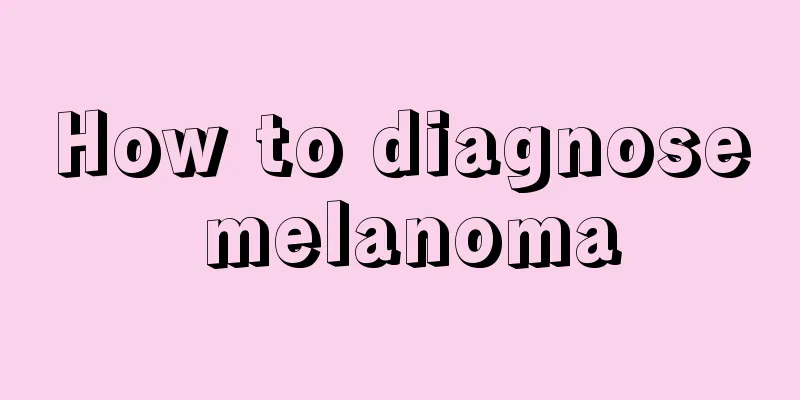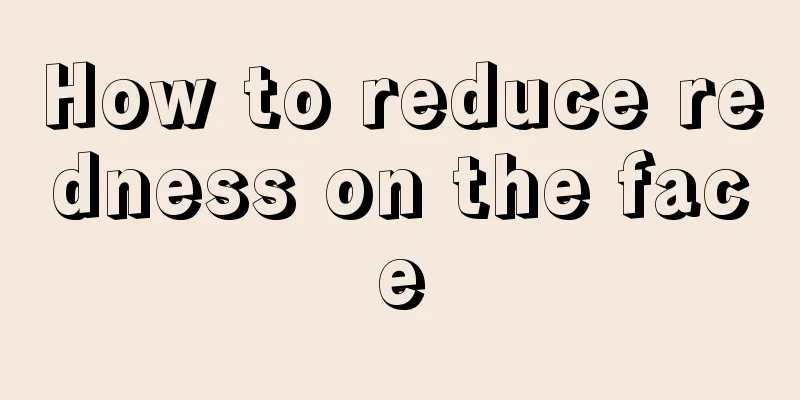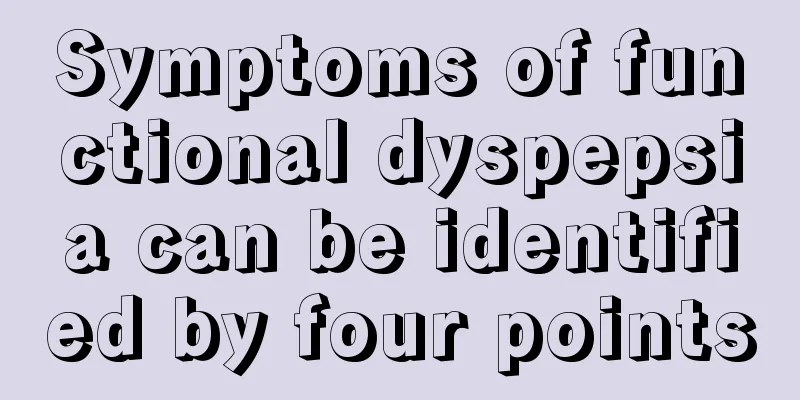What are the reactions to anorexia?

|
Anorexia patients are generally children, and their main symptoms include poor appetite, loss of appetite, nausea and vomiting, and a series of other symptoms. Some people also hate eating because of psychological resistance. In fact, most patients feel hungry, but they can't eat due to psychological reasons. Don't worry too much, face it correctly, and then let us understand together, what are the reactions of anorexia? Eating symptoms: Some patients have a good appetite, but after taking a few bites they feel bloated and uncomfortable in the stomach and stop eating, or they don't want to eat when they see food. For example, forced eating often induces nausea and vomiting; some patients even try every means to induce vomiting; patients pay too much attention to diet and worry about gaining weight, so they actively refuse to eat or diet excessively, causing weight loss and malnutrition; patients often feel hungry but force themselves not to eat. They are good at studying the nutrition and calories of food; hiding or deliberately wasting food. About 50% of anorexia patients have bulimia. After binge eating, they induce vomiting, take diet pills, laxatives, etc., or engage in high-intensity exercise for fear of gaining weight, which leads to water and electrolyte disorders (hypokalemia, hyponatremia, etc.) and acid-base imbalance (metabolic alkali poisoning). Physiological manifestations: significant weight loss and edema; lack of fat in the body, prone to chills and fear of cold; abnormal hormone levels in the body, resulting in fine or sparse hair or excessive body hair; decreased heart function, slow heart rate, decreased blood pressure, and heart rhythm disorders, leading to sudden death; decreased cardiac blood flow and insufficient blood supply to the cerebral vessels, easily causing fainting. Women often experience decreased or stopped menstruation, and both men and women have a lack of sexual desire; patients may also have other symptoms of neurosis, such as hysterical balls, upper abdominal fullness and discomfort, unexplained fatigue, lack of interest in sexual desire, and insomnia. Patients often have personality changes, such as depression, anxiety, moodiness, compulsion or repetition of certain things; often lying, concealing their eating habits, etc. The skin becomes rough and cracked, soft hair appears, body temperature drops, heart rate slows down, the body becomes weak, dehydrated, and the face becomes pale. Compliance is very poor, they are unwilling to take medication, and the systematic nature of drug treatment cannot be guaranteed. The above is the introduction to the reaction to anorexia that I would like to introduce to you today. I hope that all patients have understood it in detail. If you suffer from anorexia, you must actively face treatment and receive full treatment both physically and mentally, especially for children. If they don’t want to eat, parents should not force them too much, which will cause children to feel psychologically resistant to eating. I hope the above content is helpful to everyone. |
<<: How to recover from anorexia?
>>: Can bean sprouts help lower blood sugar?
Recommend
What should a normal person's tongue look like
The tongue is a very important organ in our human...
Quickly get rid of bad breath before kissing
For men and women who are passionately in love, w...
What material is good for dentures
Many elderly people worry more or less about dent...
The inside of my ear is swollen and it hurts when I touch it
We should not ignore ear problems. Of course, whe...
Sudden pain in left leg
Many people suffer from left leg pain. There are ...
Tips on how to remove oil stains from clothes
If clothes are stained with oil, they can be easi...
What are the surgical indications for prostate cancer?
What are the indications for surgery for prostate...
Methods of Pap smear examination for cervical cancer
Pap smear refers to cervical exfoliated cell smea...
Can rectal ca be cured?
Rectal CA is what we often call rectal cancer. CA...
Which hospital is famous for melanoma
Melanoma, also known as malignant melanoma, is a ...
What are some tips for itchy and red face?
The ultraviolet rays in summer are very strong. F...
What are the typical symptoms of ovarian tumors
Typical symptoms of ovarian tumors include abdomi...
What are the methods for treating female ovarian tumors
The treatment of ovarian tumors is a very trouble...
How to remove scale from an electric kettle
How to quickly and effectively remove the scale i...
Acid machine principle
Yogurt is undoubtedly a favorite of many people. ...









